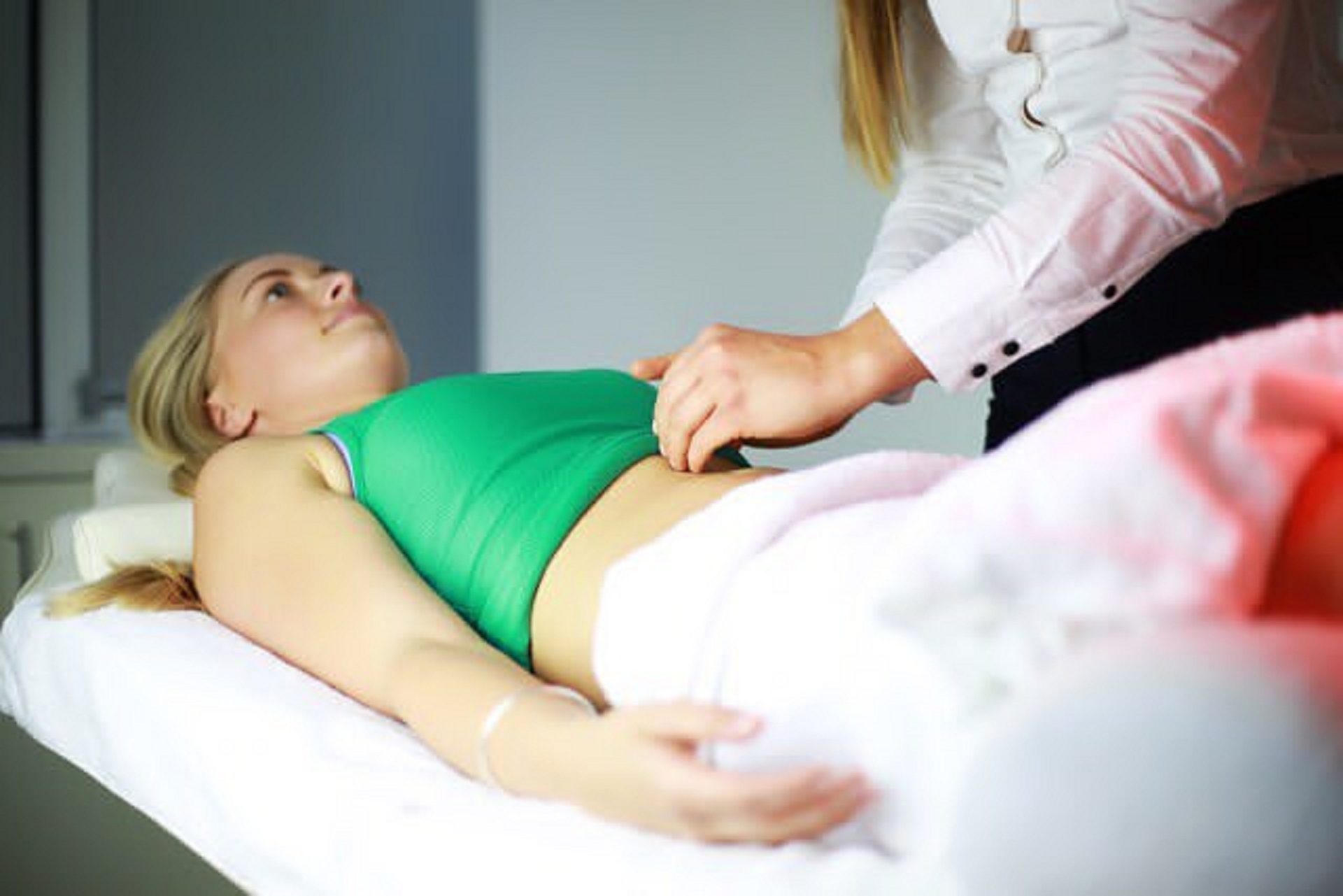Most of us are have never heard of acupuncture or have a preconceived idea of what it really is. But, it is one of the most proven alternative medicine out there. It has a lot of benefits that we usually gloss over because we are either afraid of needles or don’t trust that it will have any effect and is just another hippie scam that people tell you works. Well, trust us on this one, acupuncture acutely works and can be really beneficial for you. So, come along with us, and let’s learn more about this ancient Chinese practice. Don’t fear a few pricks!
What is acupuncture?
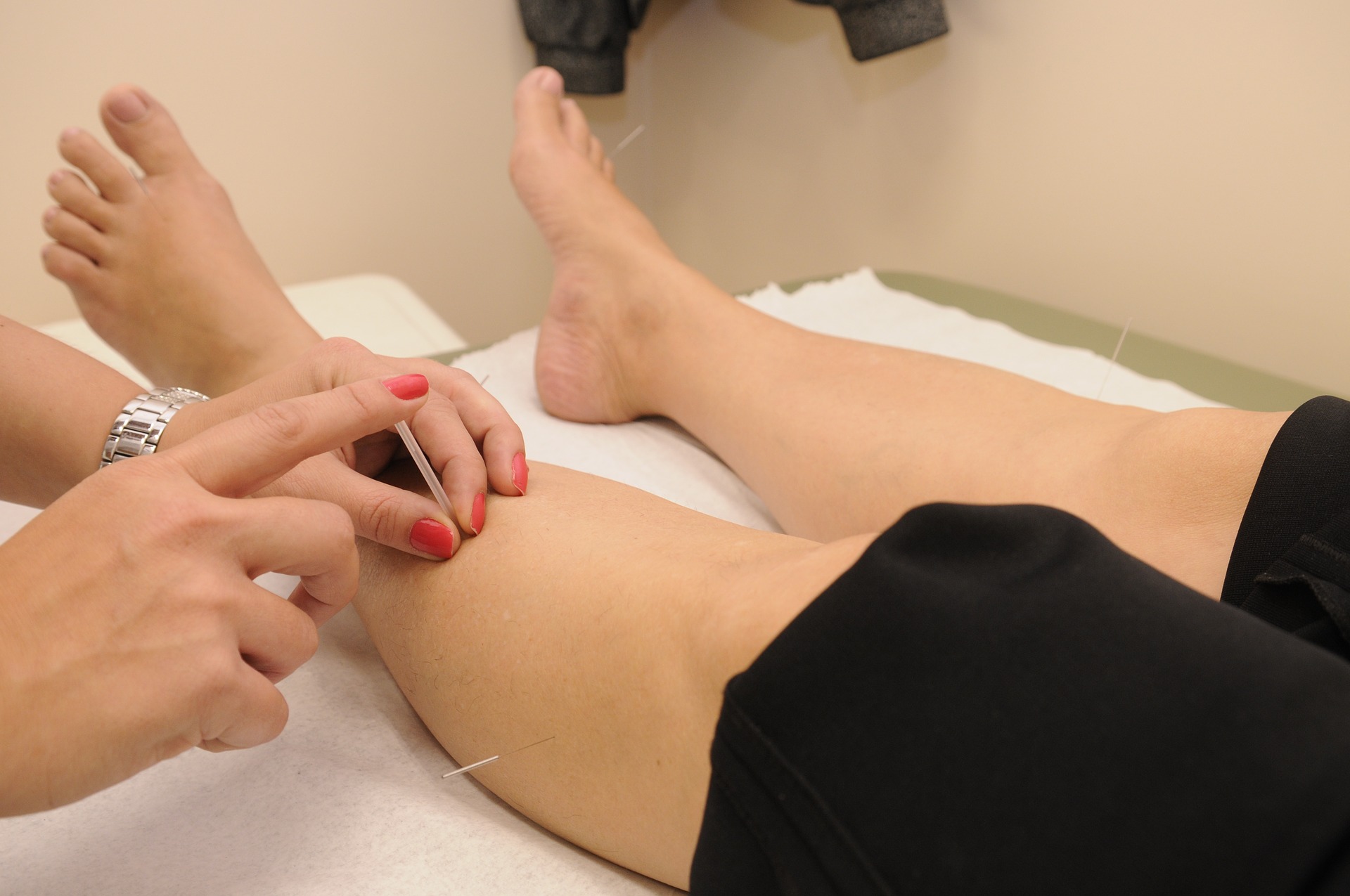
It is a holistic medicine practice that is over 2500 years old and originated from China. It is an integral part of Chinese medicine and is usually used to improve one’s overall well-being, and it also helps heal certain illnesses. Acupuncture is not just the haphazard placing of needles all over the human body, but rather it follows our meridians and these sterile and hair-thin needles are placed on specific parts of the body. They are placed on specific points on our skin that help activate the energy in our body; these energies are known as ‘qi’ (phonetically speaking, its chee). Qi is said to be the lifeforce energy in our body. One’s environment, lifestyle, genetics, and other factors can play integral roles in blocking one’s qi, and acupuncture helps deblock these.
What are the benefits of acupuncture?
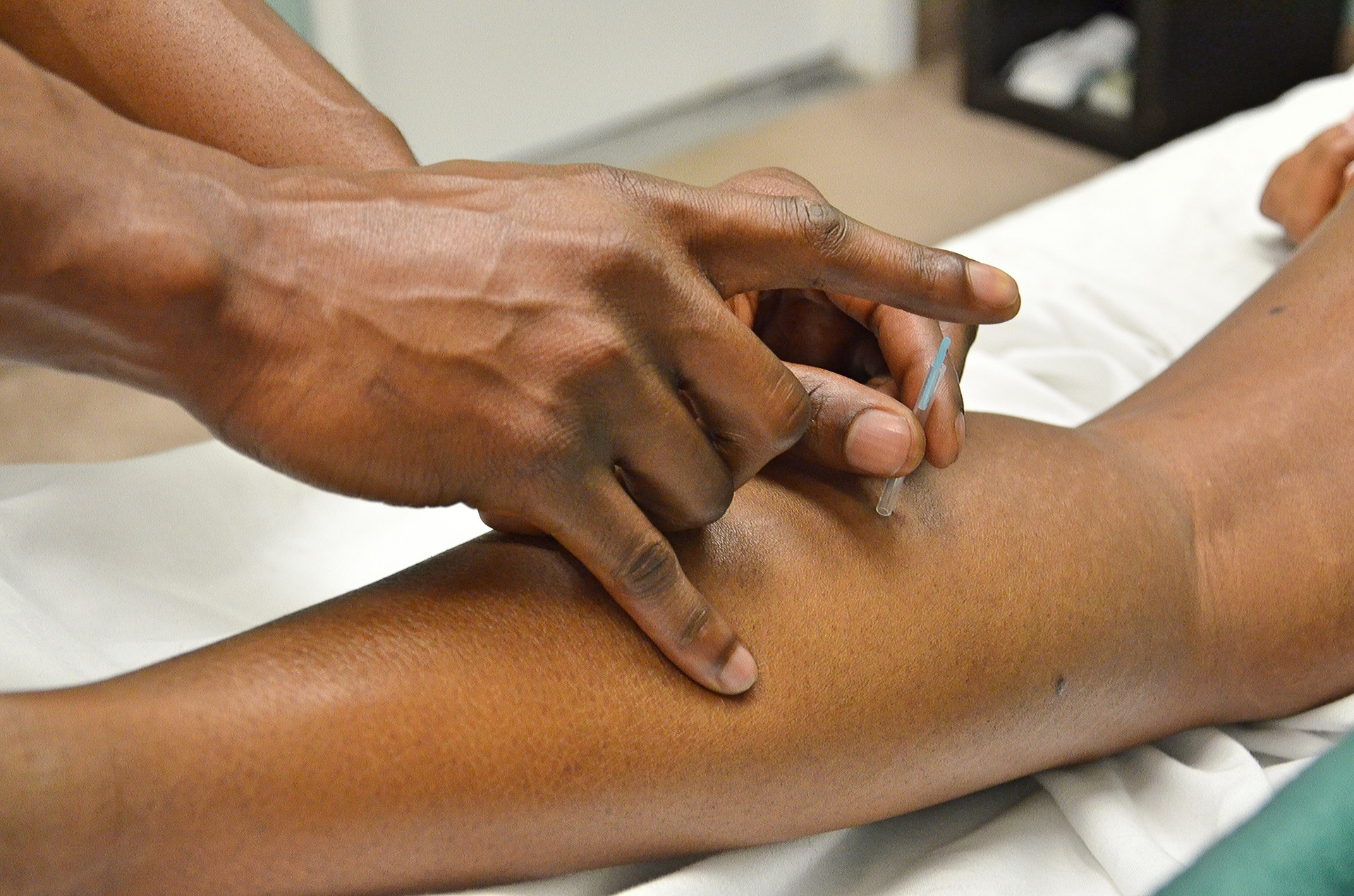
Acupuncture doesn’t get rid of any diseases but rather relieves the pain associated with them and makes them more manageable over time. Some of the things it can help with are:
- Digestive– abdominal pain, indigestion, diarrhea and constipation
- Ears– tinnitus
- Emotions– anxiety, insomnia, neurosis, depression, nervousness
- Eyes– cataracts and poor vision
- Gynecological- infertility, premenstrual syndrome, menopausal symptoms
- Miscellaneous- blood pressure regulation, stress reduction, athletic performance, chronic fatigue, addiction control, immune system toning
- Mouth and throat– toothache and gingivitis
- Musculoskeletal-muscle weakness, neck pain, muscle pain, sciatica, arthritis, muscle cramping, neck pain
- Neurological- stroke, Parkinson’s Disease, headaches, neurogenic bladder dysfunction, post-operative pain, migraines
- Nose– allergic rhinitis
- Respiratory– common cold, tonsillitis, asthma, smoking cessation, bronchitis, sinusitis
What should I expect at an acupuncture session?
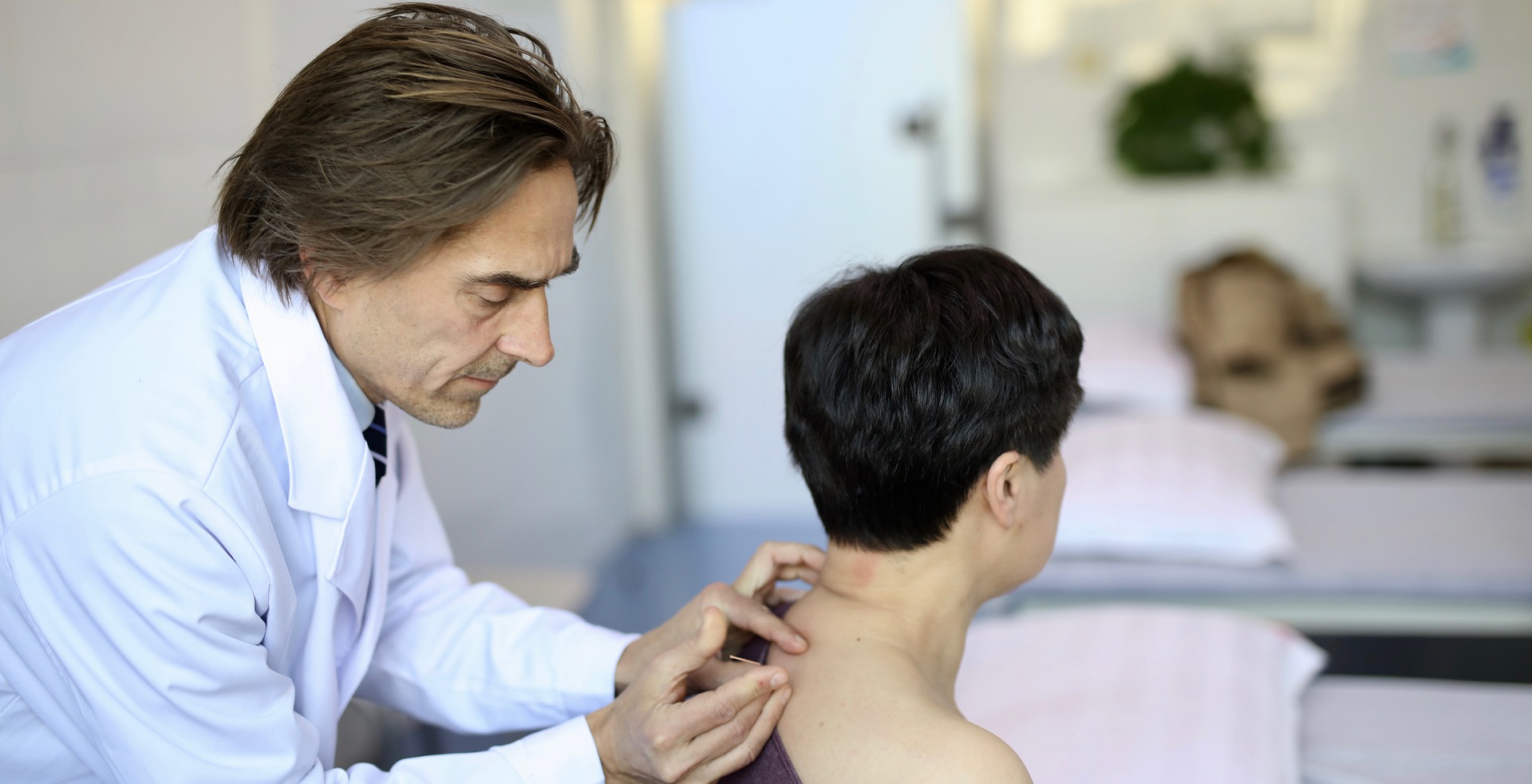
Well, your first session will be a bit longer than others because your acupuncturist will have to get to know you and ask you about your medical history and thinking that are bothering you. They will do a routine checkup, a bit like your western doctor would, go over some things with you, and examine your body to get a better grasp of what you need. They might also look at your tongue because in traditional Chinese medicine, the tongue gives you a vision of what is wrong in your body and this is a way for them to find any imbalances in your body.
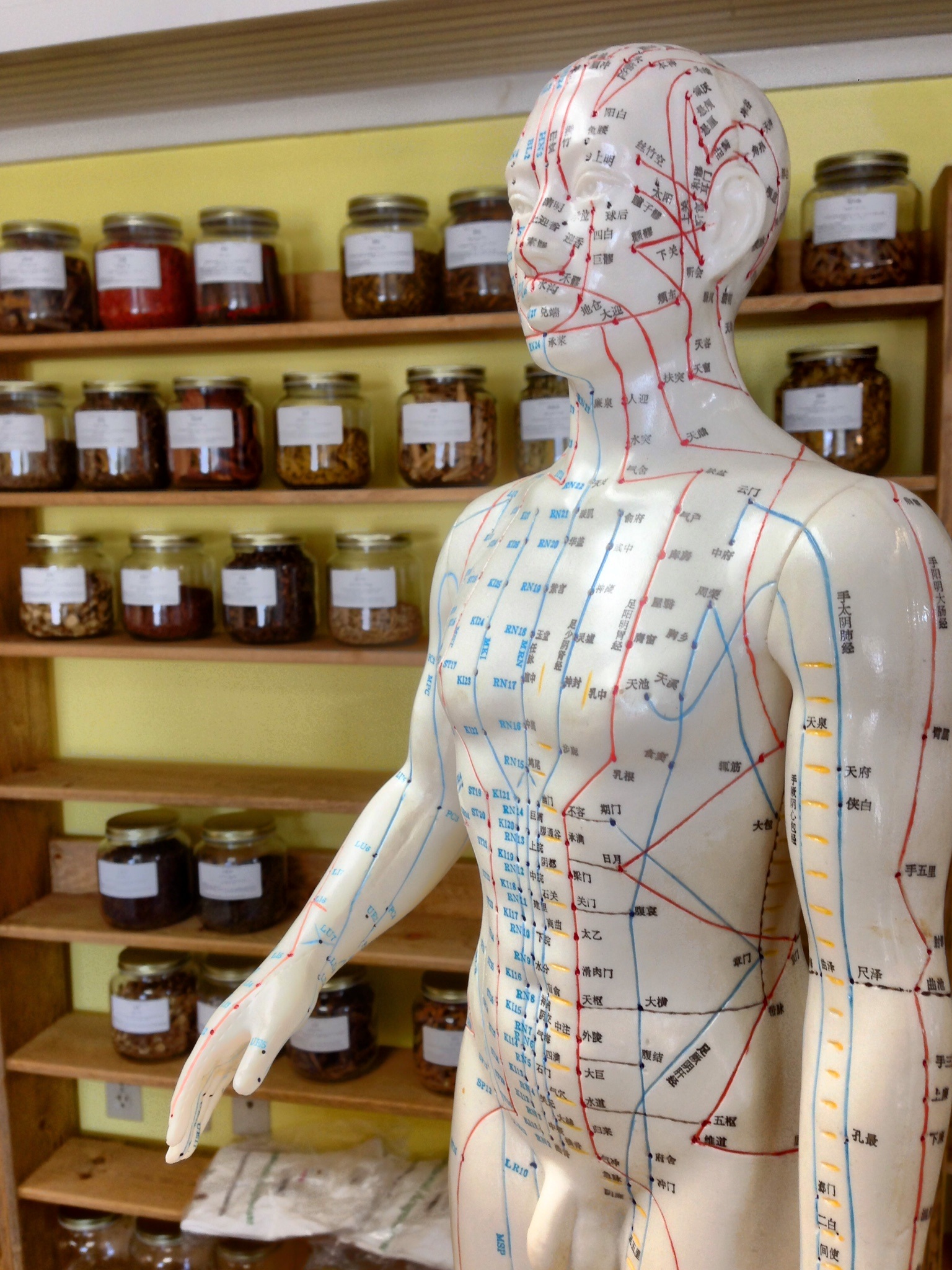
Through this, the acupuncturist will devise the best plan of action and decide which region of your body to focus on and which qi points on your meridian need to be open. They will usually treat the problem areas and might even attack and potential problem areas to avoid future pain. For a typical acupuncture session, you’ll be asked to either lay down or sit on a table and your acupuncturist will put needles in your meridians, which channels energy through your body. The average acupuncture session lasts between 20 to 30 minutes, but this all depends on your treatment. The place where you will get your acupuncture will be in a relaxed place, and there will usually be quiet relaxing music and dimmed lights.
How will I feel afterward and does it hurt?
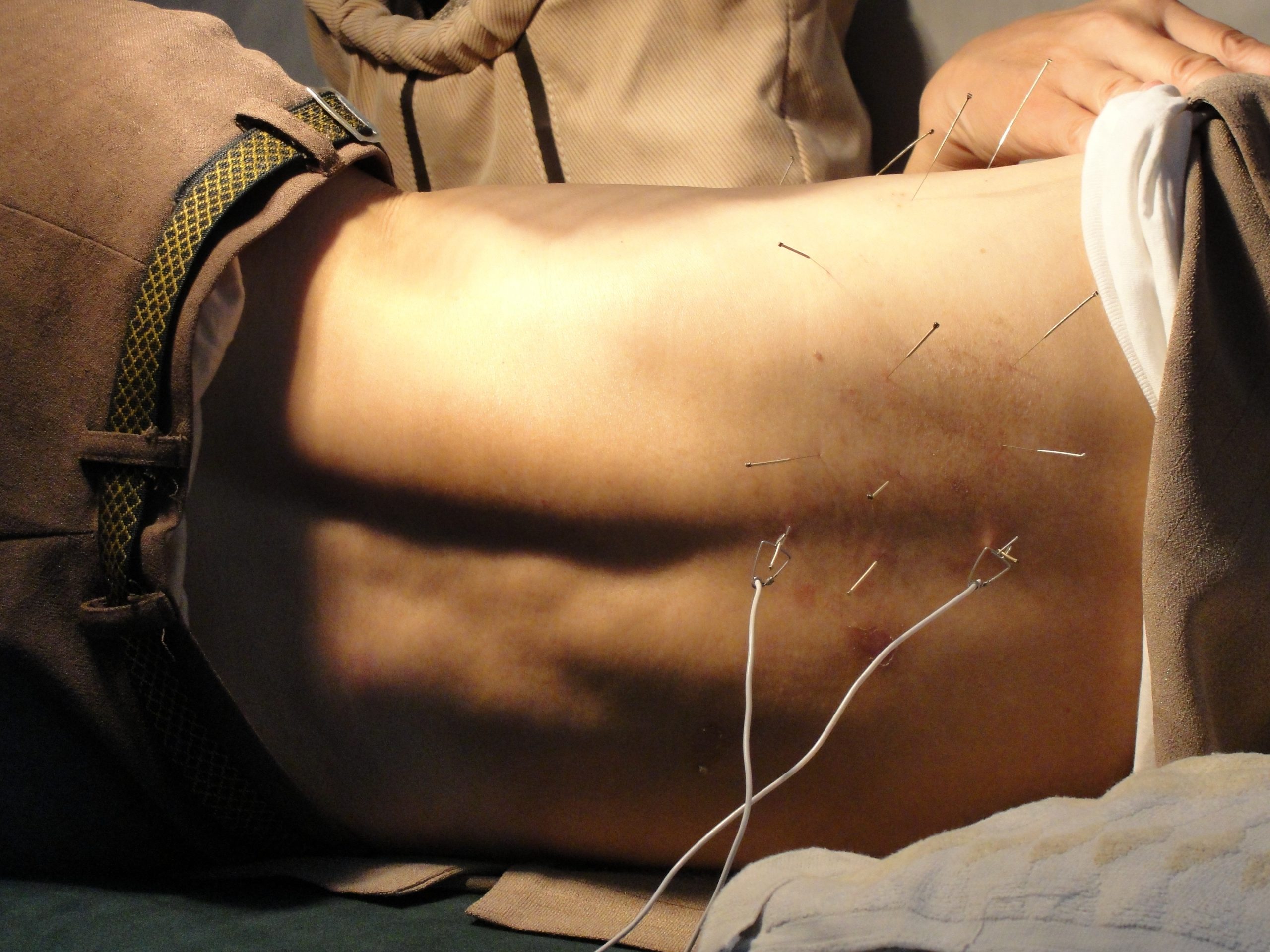
After your acupuncture session, you shouldn’t feel any pain, if you are in pain, maybe you went to a lousy acupuncturist, or it’s your body getting used to it. You will also feel more relaxed, and some people even experience a burst of energy after their sessions. For the million-dollar question, does it hurt? If you went to an experienced and accredited acupuncturist who knows what they are doing, no, it shouldn’t hurt. Sure, you might feel sensitive in some areas, but this shouldn’t hurt at all. If you feel pain, bring it up with your acupuncturist, they will adjust the needles or will choose another pressure point because the ultimate goal is to make you feel better and not feel more pain.
Sound off in the comments section below and tell us if you have ever tried acupuncture before.


